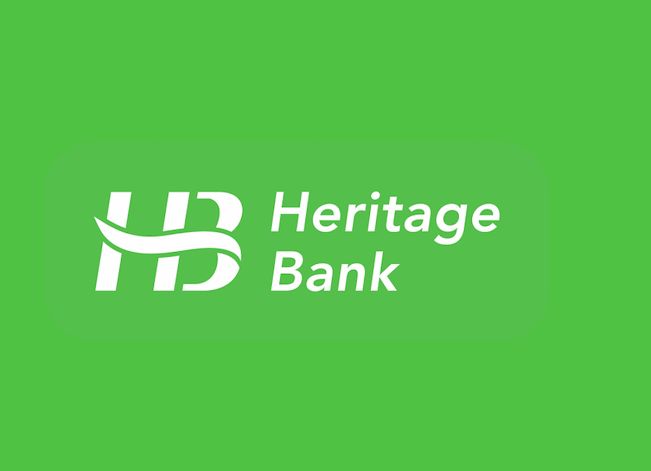On Monday, June 3rd, 2024, I returned to work after spending some annual leave in Abuja, arriving in Lagos the previous night. It was highly unusual to receive numerous urgent requests from several branches of our bank early in the morning. Unknown to us, the regulatory ‘umpire’ was about to end the game and had sent in its ‘foot soldiers’ for a disguised liquidity audit.
Within minutes, the situation escalated from a disguised audit to a full-blown liquidation – THE BANK’S BANKING LICENSE WAS REVOKED, AND THE NDIC WAS APPOINTED AS THE LIQUIDATOR OF THE BANK.
What began as an optimistic week quickly turned into a distressing scenario for the banking industry and a particularly sad day for Heritage Bank Plc‘s approximately 2,000 employees.
While the decision may be deemed appropriate, it raises significant concerns about the integrity of the Nigerian banking system and its regulator, the CBN, especially given the repeated assurances of the resilience of the Nigerian banking industry – of course ‘resilience’ can be subjective.
The implications of this liquidation, though having some positives, inevitably add to the current woes of the Nigerian economy. This includes job losses, potential cash losses for Heritage Bank customers, a disincentive for potential investors in the banking industry’s recapitalization drive due to a lack of trust and information asymmetry, and a shift towards traditional means of savings, thereby weakening the financial system’s allocative capabilities.
The liquidation of Heritage Bank PLC may be a prudent decision, but its timing is questionable. It suggests a misalignment between government/regulator policy statements and actions, sending a negative signal to investors globally.
For banks and their managers, this serves as a rallying cry to uphold the highest standards of corporate governance and strategy to prevent similar occurrences in the future.
For affected staff like me, we may have lost the battle for Heritage Bank, but we cannot afford to lose the war for our lives and our unique careers.
Farewell, my employer.
Farewell, Heritage Bank.
The future is brighter.
—————————————————————–
The information contained in this post is provided on a “personal opinion” basis with no guarantees of completeness, accuracy, usefulness or timeliness. Chinaza Nwafor assumes no responsibility or liability for any errors or omissions in the content of this post.




